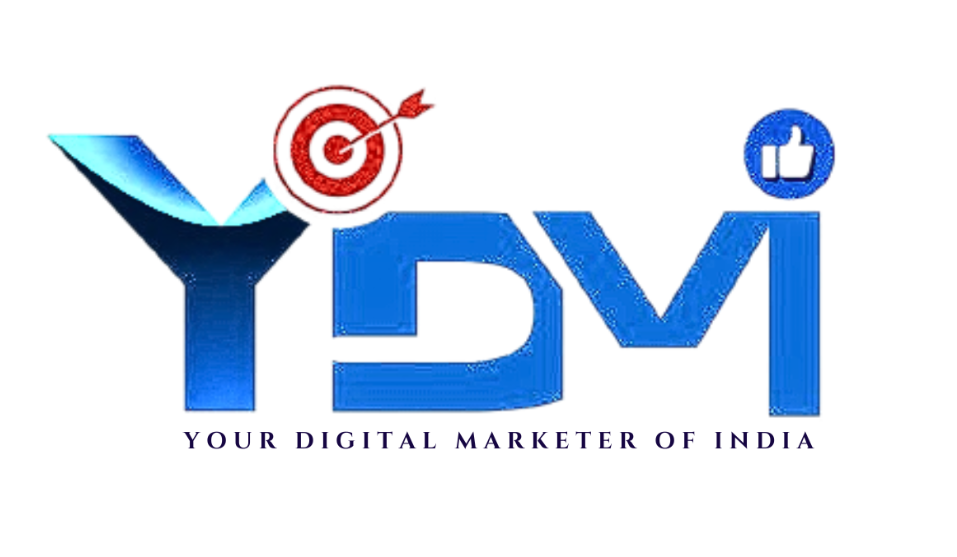In an era where the internet has transformed nearly every aspect of our lives—from how we shop and communicate to how we work and entertain ourselves—digital marketing has become not just important, but essential. Whether you’re a small business owner, an aspiring entrepreneur, or part of a multinational corporation, understanding and leveraging digital marketing is key to growth and sustainability in today’s fast-paced world.
1. Global Reach at Low Cost
Unlike traditional marketing methods such as print ads or TV commercials, digital marketing offers an affordable way to reach a global audience. With tools like SEO, social media, email campaigns, and pay-per-click advertising, businesses can tailor their marketing strategies to target specific demographics, locations, and even user behaviors—often at a fraction of the cost.
2. Data-Driven Strategies and Measurable Results
One of the greatest advantages of digital marketing is the ability to track performance in real-time. Analytics tools allow marketers to monitor user engagement, conversion rates, traffic sources, and ROI. This data helps businesses refine their strategies and make informed decisions rather than relying on guesswork.
3. Mobile and Social Media Dominance
With over 5 billion mobile users and billions more actively using social media platforms, it’s clear that customers spend a significant amount of time online. Digital marketing ensures that your brand stays visible and relevant where your audience already is—whether that’s on Instagram, LinkedIn, YouTube, or through mobile search.
4. Personalization and Customer Engagement
Modern consumers expect brands to understand their needs. Digital marketing enables personalized content—from tailored emails and product recommendations to targeted ads and chatbot support. This kind of personalization builds trust and improves user experience, making customers more likely to engage with and stay loyal to a brand.
5. Level Playing Field for Small Businesses
In traditional marketing, big brands with deep pockets often dominate the landscape. Digital marketing, however, offers equal opportunity. A well-executed content strategy or viral social media campaign can catapult a small brand into the spotlight, allowing startups to compete with industry giants.
6. Adapting to Changing Consumer Behavior
Consumer habits are evolving. Most people now research products online before making a purchase, read reviews, and seek social proof. If a business lacks an online presence, it’s essentially invisible to these digital-savvy consumers. Digital marketing ensures that businesses remain accessible, visible, and competitive.
Conclusion
Digital marketing is not a trend—it’s the backbone of modern business strategy. In a connected world, businesses must go where the customers are: online. Whether it’s building a brand, driving traffic, increasing conversions, or engaging with customers, digital marketing provides the tools and insights needed to thrive in the digital age.



